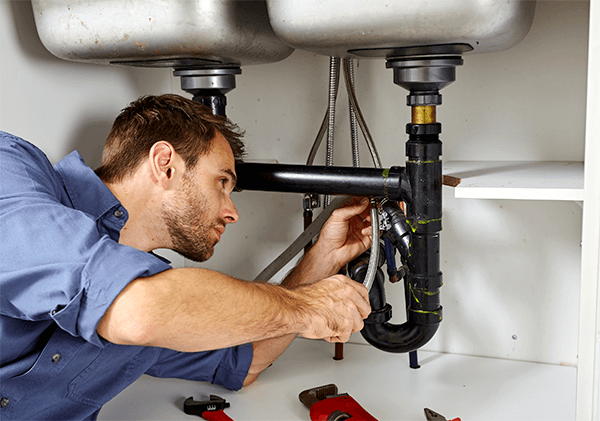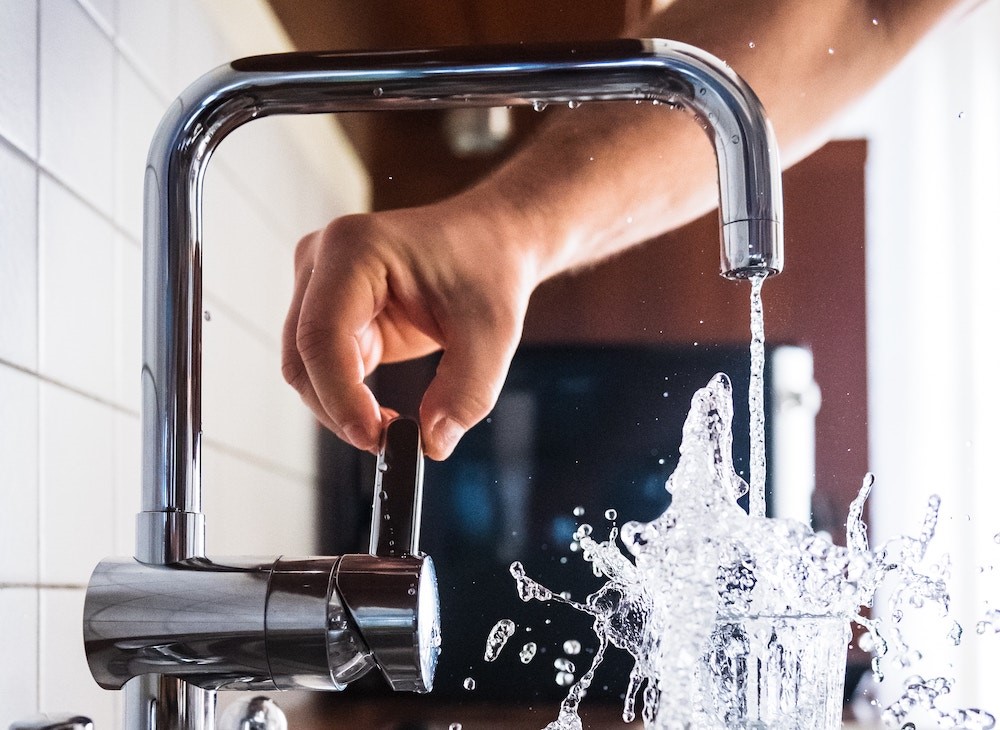Effective Solutions for Pipe Issues: Key Steps to Take Until Help Arrives
Effective Solutions for Pipe Issues: Key Steps to Take Until Help Arrives
Blog Article
Have you been trying to locate related information about What to Do While Waiting for an Emergency Plumber?

Pipes emergencies can strike any time, triggering stress and prospective damage to your home. Whether it's a ruptured pipe, a clogged drainpipe, or a leaking tap, understanding how to take care of the circumstance until a specialist plumbing gets here can save you from further issues. This short article gives vital emergency plumbing ideas to help you minimize damage and reclaim control during a pipes crisis.
Switch off the Supply Of Water
The very first step in any pipes emergency is to turn off the water supply. For local concerns, such as a leaking tap or bathroom, switch off the valve near the component. In the case of a major leakage or burst pipeline, locate your home's primary water shut-off shutoff and turn it off quickly. Knowing the place of these shutoffs in advance can conserve valuable time during an emergency situation.
Shut Off Your Hot Water Heater
In particular emergencies, such as a ruptured pipeline, it's wise to turn off your hot water heater. This prevents getting too hot or damages to the unit when water stops moving. Switch off the power supply to the water heater (electrical or gas) and allow it cool down to stay clear of potential dangers.
Momentarily Stop a Burst Pipeline
A ruptured pipe can result in considerable water damages in mins. To reduce the problem:
Call an expert plumbing technician promptly to resolve the trouble completely.
Have an Emergency Situation Pipes Set
Prepare a fundamental pipes emergency set to handle minor concerns properly. Your package needs to consist of:
Having these tools accessible can make a substantial distinction in your capability to handle emergencies.
Unclog Drains Securely.
A clogged up drainpipe can be an aggravating and untidy issue. Right here's how to tackle it:.
If these approaches do not work, avoid using extreme force, as it might get worse the obstruction.
Handle Overflowing Toilets.
An overflowing commode can create instant mayhem. Here's what you need to do:.
Address Little Leaks with Short-lived Repairs.
Tiny leakages can quickly come to be considerable troubles if left unattended. Make use of these momentary fixes up until professional aid arrives:.
While these repairs aren't permanent, they can assist decrease water loss and damage.
Take Care Of Frozen Piping Thoroughly.
In chillier environments, frozen pipelines are a common emergency. If you believe a frozen pipeline:.
Know When to Call a Specialist.
While quick fixes can help briefly, particular pipes issues need prompt professional attention. Call a plumbing technician if:.
Quickly getting in touch with an expert guarantees the problem is fixed properly and avoids additional problems.
Avoid Additional Damage.
Taking quick activity to lessen damages can save you time and money in the long run. Here's just how:.
Conclusion.
Plumbing emergencies can be frustrating, yet with the appropriate expertise and devices, you can handle the circumstance successfully up until help arrives. By shutting off the water system, attending to little leaks, and using temporary solutions, you can decrease damages and keep your home safe. Remember, these tips are temporary remedies; constantly consult a licensed plumbing professional to manage the source of the problem. Prep work and fast thinking are your best allies in any kind of pipes emergency.
8 Helpful Tips for Managing Plumbing Emergencies at Home
If your plumbing system hasn’t failed once, wait for it because almost everyone has a story to tell. Sometimes, it could be simple emergencies such as a leaking pipe, a blocked cistern, or even a big burst pipe. In situations like this, you need to have some handy tips to save you some money and from possible damages.
Take care of minor issues early.
Sometimes, you could have avoided an emergency by taking proactive measures while it was still early. Some major plumbing emergencies can be a result of an ignored minor issue. We recommend that you have items like plumbing tapes and other related items. A plumbing tape can allow you to manage minor leaks before the plumber arrives.
Cut off the water supply.
This tip is essential in almost any type of leakage problem. For problems like minor leakages in the toilet or kitchen, turn off the supply that takes water to the affected pipes. If the leakage is a major pipe, you must shut off the supply valve to the entire building. This will help you avoid flooding your home and neighbors if you share a flat.
Know your plumbing system
Folks typically move into a new apartment without understanding the water supply around the building. This can prove disastrous if a water emergency arises and the plumber is far away. The previous tip will prove useless if you don’t practice this one. More importantly, know where your water shut-off valve is located – you’ll need that knowledge to prevent potential home floods.
Have some common handy tools
There are lots of plumbing emergencies that you can handle without hiring a plumber. That’s why you must keep some tools available always. Some tools that you can use to fix simple plumbing emergencies easily include plumbing tapes, screwdrivers, thread seal tapes, plungers, pliers, tape measures, and rubber gloves.
Insulate your pipes from cold
You’ll save yourself from many plumbing expenses if you protect your water pipes from the cold. This is because of the harmful effects that cold weather can have on your pipes. During winter, your pipes can burst from being overly expected to freezing temperatures. So, make sure insulators are there to keep the pipes working correctly.
Avoid practices that will clog your toilet.
Many people indulge in practices that can damage the plumbing system of the entire building. One of these is when they use their toilet to dispose-off garbage. They flush all kinds of things, such as paper towels, bandages, hairs, female sanitary products, etc., down the toilet. This will block your toilet in the long run, incurring unnecessary expenditures. Dump such waste in the trash instead.
Check your dials regularly.
Sometimes, there could be leakages in your home without noticing them in time. So, constantly monitor your water meter dial. If the dial is reading when there is nobody using water, this is an indicator that there is leaking. Check for leaks immediately. Call a plumber as soon as possible if you can’t find any.
https://www.constructionplacements.com/8-helpful-tips-for-managing-plumbing-emergencies-at-home/

I recently found that blog post on when doing a lookup on the web. Sharing is nice. You never know, you might be helping someone out. Thanks a bunch for being here. Return soon.
Appointment Report this page